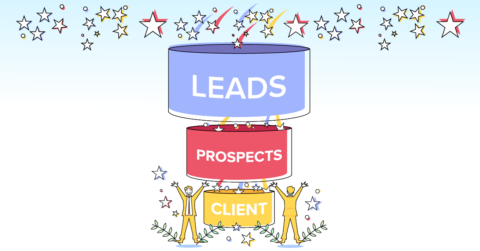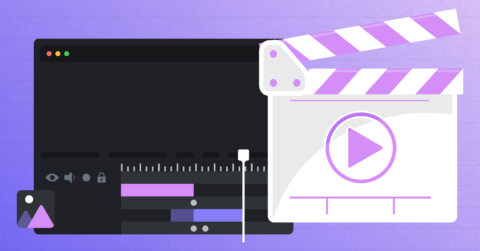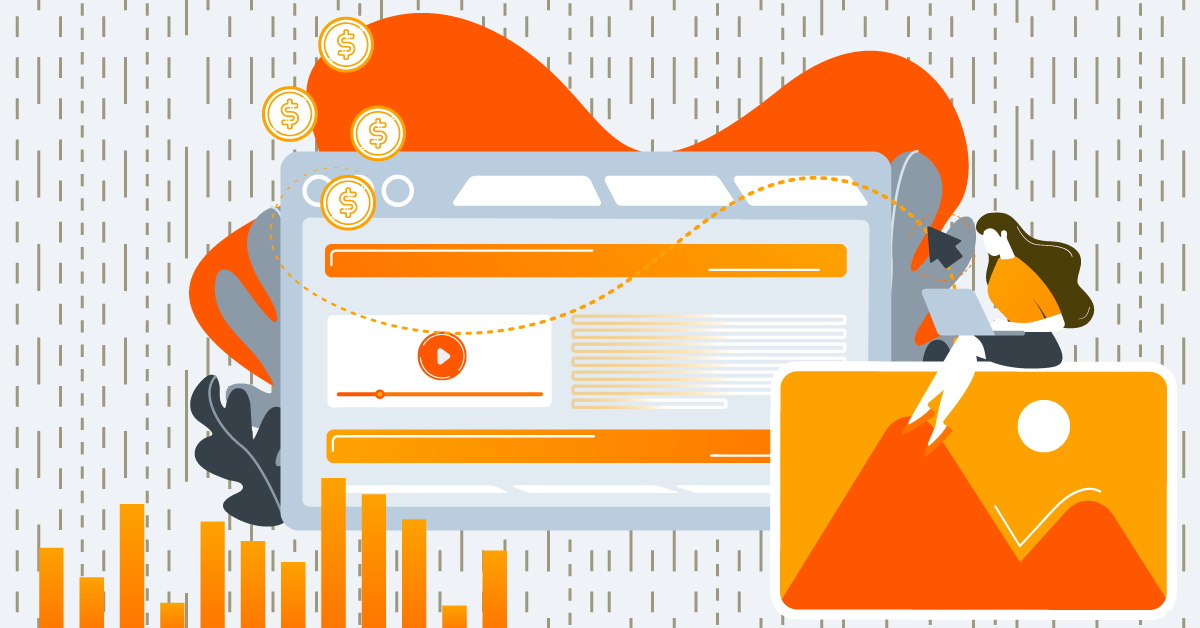
Lúgh Studio’s Ultimate Guide to PPC
01/10/24
digital design
PPC, or “pay-per-click” advertising, can be a great strategy for your business. Done correctly, it creates awareness of your brand, results in more website traffic, and paired with the right offer, drives more sales.
Still, PPC can be a confusing topic. It’s something most businesses don’t actually do, and even if they are, results are often less than ideal.
But not to worry. Today, we are sharing with you our actionable guide to PPC and everything you need to know to run successful campaigns. This includes a brief explanation of what PPC actually is, best practices, and how you can continually get better.
Click Here for Your PDF Version of this Guide
Let’s get started.
Best Practices For Running PPC Campaigns
Valuable Resources For Learning About PPC
…
What PPC Is
PPC is a type of advertising in which you run an ad targeting a specific keyword or phrase, and then only pay a fee based on whether or not people click on it. This is typically done on search engines like Google and Bing. That said, it can also appear on social media sites, even though social media PPC isn’t all that common.
Still wondering what exactly PPC is and where you can find ads? Do a quick Google search for a competitive industry, like “cars” or “smartphones.” The results you see that have the word “Ad” written at the beginning (typically at the top before organic results) will be PPC ads. These are ads that businesses have paid for targeting whichever keyword you typed in. The goal is to create an ad so compelling that people click on it and then land on another page.
While the desired action is often a sale, many businesses will offer lead magnets for download or simply free pieces of content. This is all in the name of contributing to awareness of their brand among people searching for specific keywords.

It’s important to note that paid ads on search engines typically don’t perform nearly as well as organic search results. For some insight into why this is, consider your own online behavior. How often do you yourself click on an ad during your Google searches? If you are like most people, probably not that often. Paid ads on search engines typically get a bad reputation. People don’t consider them as trustworthy as organic results and clickthrough rates are often quite low. That said, when done right, PPC ads can be quite effective.
The vast majority of PPC ads will take place on Google over the platform Google Ads (formerly known as AdWords). Here is a simplified version of how getting started works:
- Make an account on Google Ads
- Research phrases that are related to your product or business that people are actually searching for
- Determine how much you are willing to pay per click
- Pick one (or several) different keywords or keyphrases that match your budget
- Create ads and run them
While this is obviously a simplified explanation of how PPC works, these are the basic steps you will follow regardless of the platform you choose
Two other popular platforms are Bing (now Microsoft Ads) and Facebook. Still, if you are new to PPC and want the biggest bang for your buck, it makes sense to get started with Google Ads. Here’s a handy guide for getting started with Google Ads and a more in depth explanation of how exactly the platform works.
Why PPC Is Important
PPC, when done correctly, can play an important role in a company’s success. In fact, effective ads with the PPC model are exactly what has built up numerous businesses. To understand why, let’s check out five benefits to running PPC ads.
1) PPC ads can get you fast results
While some businesses can afford to play the long game of content creation (check out our ultimate guide to content marketing if you can), this isn’t always the case. Sometimes a business needs results – and it needs them fast.
PPC allows you to do this. Your ads are up and running essentially as soon as you set them up, and you will start seeing results soon after starting. Assuming you follow PPC best practices (more on that later) this can mean more email signups or product purchases almost immediately.
2) You can target very specific customers
The data that Google has makes highly targeted ads easy to set up. For example, maybe you are a yoga instructor trying to drive more potential customers to your website. Want to target stay-at-home moms between the ages of 29 and 45 that live in your area? PPC ads make this possible.

This hyper targeted approach to ads will usually result in a much higher conversion rate. Much more effective than printing out a flier, sticking it up around town and hoping for the best!
3) The data that you get from PPC campaigns can inform your entire content and SEO strategy
In our previous PPC post about how to know if you’re ready for the ads, we talked about how useful PPC can be for learning. That’s because your ad is essentially guaranteed to be shown to thousands of people.
Depending on how popular it is and how many clicks it gets, this can be a great sign for topics you might dive deeper on. Even if you don’t get the results you want, that’s still a valuable lesson in what you should avoid next time.
4) PPC allows you to rank even if you don’t have a very high domain authority
Depending on your industry, it can be difficult (if not impossible) to rank organically on search engines. This is especially true in super competitive industries where you are going up against giants that have brand recognition and millions of customers.
PPC is important for smaller brands because it gives you a better chance to go up against your competition. This can truly be a gamechanger when they’re looking for more customers.
5) PPC ads are less affected by algorithm updates than organic content
Google is always coming out with algorithm updates. While this is mostly good for the user, it can spell disaster for brands that base all of their marketing on content. After all, you never know how changes are going to affect your content rankings.
Not so with PPC. If you are paying for your ads, they will be shown. Simple as that. In this way, PPC ads might actually be a more stable model to build your marketing around.
Best Practices For Running PPC Campaigns
Now that we understand why PPC is so important, let’s look at some best practices. This will help you get your ad campaigns correct and set you up for success.
1) Think about what your goal is
Who do you want to target? What should they do once they see your ad? How long will you run your ad before changing things up? What would “success” look like? Is your ad going to run for a few weeks or will you keep it up for longer? These are all questions you should be thinking about before getting started with PPC. Ask these questions and you will zero in on the type of ad (and approach) you should be aiming for.
You also need to know more specifically how your PPC campaign will fit into your business goals. Are you trying to build your email list? Or is this PPC ad more focused on directly selling a product? Only by getting clear about what your goal is (and overall plan to achieve it) can you hope for success.
2) Choose your keyword carefully
As we point out in our ultimate guide to SEO, keyword research is one of the most important skills to master in content marketing. It can be the difference between a blog post that drives a ton of traffic and engagement and one that almost never gets found.
The same is true of PPC. If you choose, for example, a keyword that is highly competitive (one that has a high purchase intent like “buy a car”), you will not only have a ton of competition, but the costs will be super high. If you choose one much less competitive, however, it might be the case that people searching for the phrase simply aren’t in the buying mood. This may very well be the reason nobody is bidding on the phrase.
Ideally you target a keyphrase that is not only somewhere in the middle, but that also somehow relates to your business’s products or services. For tips on the right keywords to focus on, give this post a read.
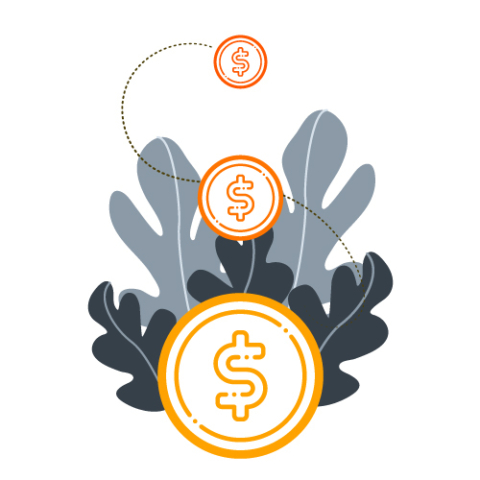
3) Craft ads that are both informative and focus on user experience
Even assuming you are making PPC ads focused on the right keywords, they still need to follow best practices. This can mean a bunch of different things, but here are some points you shouldn’t forget.
- Compelling, benefit-driven copy that is easy to understand
- A clear call to action that promises something in return
- Copy that is focused and relevant to your target audience
- Not too much complication
- A compelling image, if applicable
4) Iterate frequently
Testing new ad copy, new headlines and new images is the quickest way to see what’s working and what needs to be changed. Indeed, the businesses that run the most successful PPC ads are usually the ones that iterate the most.
So be sure to test things out. Run two versions of an ad. After a week, take the one that is performing the best and make a different iteration. Repeat this process relatively frequently and you might be surprised with how great your results can be. This guide to testing will give you ideas on what else you can test.
As mentioned above, this testing process with PPC ads informs your entire marketing strategy, as well. Which images do people respond best to? What kind of copy gets them most interested? What are the messages they need to hear to take action? Learn these things through testing, then apply it anywhere you can.
5) Look out for trends
Just as digital marketing as a whole adapts, PPC specifically is constantly undergoing change. There are always new trends that you need to be ready to adapt to. This will keep your campaigns agile and even give you new ideas for how you can improve your performance.
As for the specific trends that you should pay attention to this year? Check out our post on the PPC trends of 2022 in order to prepare yourself.
Valuable Resources For Learning About PPC
PPC advertising is a field that is always changing. While getting the fundamentals correct is important, and will set you up for success once you do, you need to always be learning.
That’s why this ultimate guide ends with a list of resources and articles. We have broken it down by specific category so that you can get the answer you need. Running PPC ads successfully involves a number of different actions, and informing yourself with these resources will allow you to take your education even further.
Before you set up a PPC ad, you need to understand the process of “bidding.” This is often the part of the process that can be most confusing and prevents many people from getting started. Thankfully it’s not all that difficult. Give this resource from Google a look to get the basics down and hit the ground running.
The Ultimate Guide to Keyword Research
Knowing how to do keyword research is fundamental to running good PPC ads. That’s because your ad will be targeted to a specific search term or keyword. Get this wrong, or target a keyword that’s simply not quality enough, and nothing else matters. Give this guide a read and develop your knowledge of how keyword research works and how you can do it better. You’ll be glad you did!
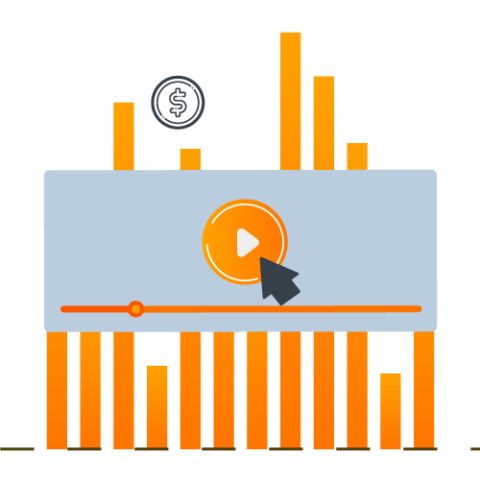
The Ultimate Guide to Copywriting
Good copywriting is the glue that holds PPC ads together. Without it, you don’t connect with your audience and your ads fall flat. That’s why it pays to learn all you can about copywriting and how to do it effectively. This post by Backlinko will help you along the way.
Beginner’s Guide to A/B Testing PPC Ads
Testing new things and iterating is a requirement for successful ads. In this guide marketing expert Neil Patel takes you through everything you need to know for A/B testing.
Conclusion
PPC advertising, when done right, can be a great part of your marketing strategy. The right ad can not only generate more interest in your company, but also works to gather more site visitors, email subscribers, and customers.
Click Here for Your PDF Version of this Guide
Good luck!



